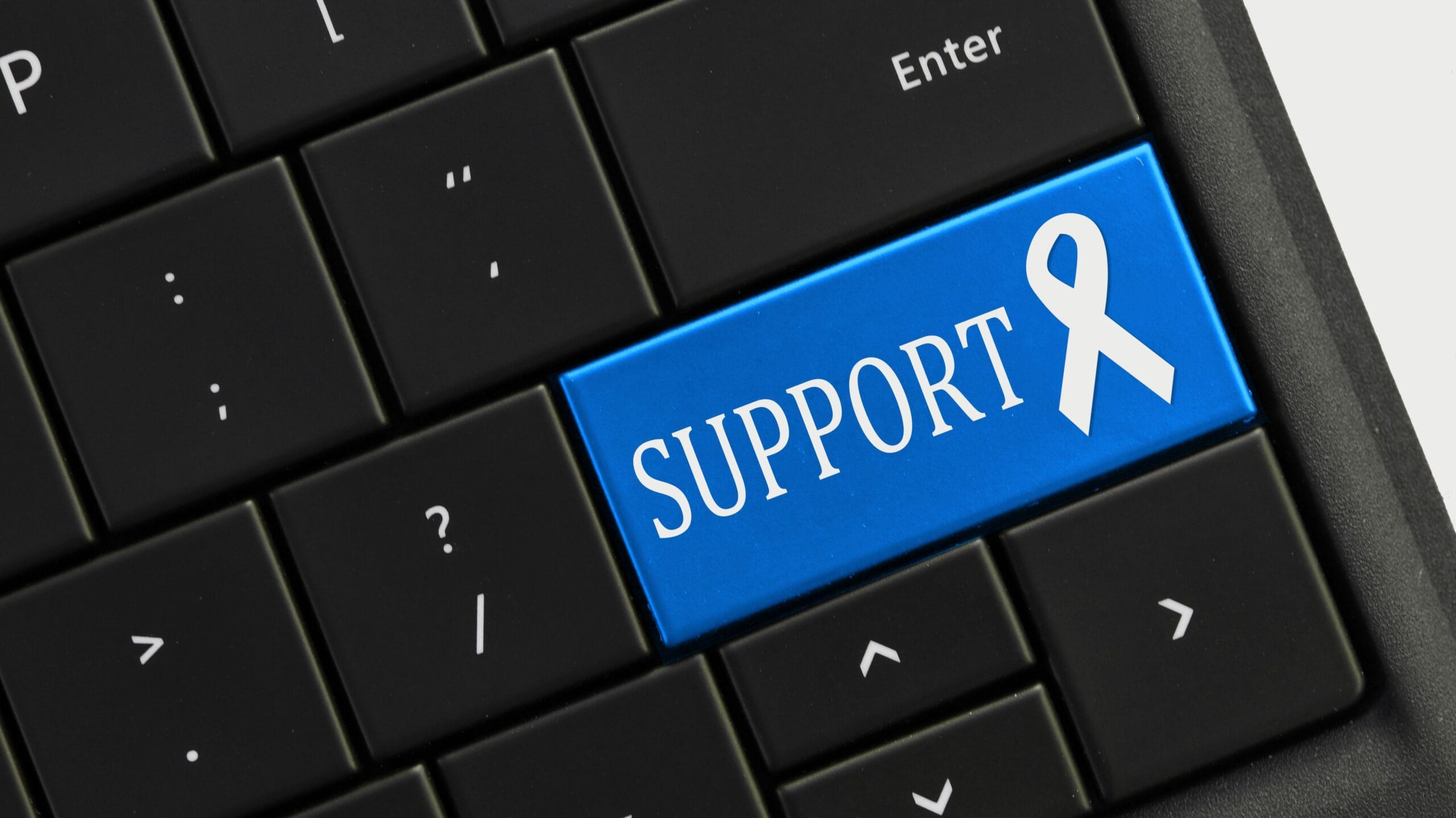Cyberbullying is a pervasive problem that affects individuals of all ages and backgrounds. With the rise of technology and online platforms, more and more people are becoming victims of harassment and abuse in the digital world. This type of bullying can take many forms, such as spreading rumors, making hurtful comments, or sharing embarrassing photos or videos. The impact of cyberbullying can be devastating, leading to depression, anxiety, and other mental health issues.
In this article, we will explore the phenomenon of cyberbullying and provide practical tips and resources for dealing with it. We will discuss prevention and coping strategies, as well as the importance of parental involvement in protecting children and adolescents from online harassment. Additionally, we will examine statistics on the prevalence of cyberbullying and its impact on individuals and communities.
Our goal is to provide a comprehensive guide for anyone who has experienced cyberbullying or knows someone who has, so they can take action and seek help when needed.
Key Takeaways
- Cyberbullying can have devastating effects on mental health, including depression, anxiety, and PTSD.
- It’s important to save evidence of cyberbullying and report it to a trusted adult, while also seeking help from a parent, teacher, counselor, or other trusted adult.
- Changing focus to offline friends and activities, as well as reevaluating internet and social media habits, can help prevent cyberbullying.
- Finding support from trusted people, focusing on hobbies and interests that bring joy, and practicing body positivity can help cope with cyberbullying incidents.
What is Cyberbullying?

Cyberbullying is defined as the use of digital technology to harass, threaten, or humiliate another person. It can occur anywhere and at any time, making it difficult for the victim to escape.
The effects of cyberbullying on mental health can be devastating, including depression, anxiety, and PTSD. It can also have long-lasting consequences, with malicious lies or embarrassing images remaining visible online indefinitely.
Prevention strategies for cyberbullying include reevaluating internet and social media habits, finding support from trusted people, and reporting each and every bullying incident until it stops.
It’s important not to react to cyberbullying, as responding may make the situation worse. Instead, saving evidence of cyberbullying and reporting it to a trusted adult or authority figure can help bring an end to the bullying.
Seeking help from a parent, teacher, counselor, or other trusted adult is also essential in dealing with the effects of cyberbullying.
Prevention and Coping
Preventative measures, such as taking a break from social media and finding support from those who do not engage in cyberbullying, can help reduce the significance of online harassment in one’s life. Cyberbullying can have devastating effects on mental health, including depression, anxiety, and PTSD. Therefore, it is important to reevaluate one’s social media habits and make changes as necessary. Heavy social media use can lead to feelings of loneliness, isolation, and dissatisfaction. Fear of missing out can mask underlying problems such as anxiety or depression.
Changing focus to offline friends and activities can help prevent cyberbullying.
It is also important to manage stress through healthy activities and relaxation techniques. This can include exercise, meditation, muscle relaxation, breathing exercises, and positive self-talk. Focusing on positive aspects of one’s life can also help to counteract negativity. Spending time doing things that bring joy can reduce the significance of cyberbullying in one’s life. Finding others who share one’s values and interests can also combat the feeling of being alone.
By taking these preventative measures and engaging in healthy coping mechanisms, individuals can better manage the effects of cyberbullying on their mental health.
Parental Involvement

Parental involvement is crucial in addressing and preventing cyberbullying among children and adolescents. Parents can play an important role in helping their children navigate the online world safely by monitoring their technology use, setting boundaries, and educating them about the consequences of cyberbullying.
It is important for parents to talk to their children about their lives online and encourage them to communicate any issues or concerns they may have. Parents should also set an example with their own online behavior and communication, and establish consistent rules and boundaries for their child’s online behavior.
In addition to monitoring their child’s technology use, parents can also employ communication strategies to help prevent cyberbullying. Encouraging open communication with their child and fostering a supportive and non-judgmental environment can help children feel comfortable sharing any experiences of cyberbullying.
Parents can also educate their children about the impact of cyberbullying on mental health and well-being, and encourage healthy stress management techniques. By working together with their child, parents can help prevent cyberbullying and promote online safety.
Cyberbullying Statistics
Cyberbullying can have devastating effects on mental health, including depression, anxiety, and PTSD. The anonymity of online harassment makes it difficult to know who is targeting you, and the potential for thousands of people to witness the bullying can make it more humiliating. It’s important to note that both boys and girls can be cyberbullies, with different methods of bullying. Appearance-based insults can trigger depression symptoms, anxiety, and eating disorders, particularly affecting girls.
Here are some statistics on cyberbullying from various sources:
- About 37% of young people between 12 and 17 have been bullied online (source).
- Nearly half (46%) of teens aged 13-17 have been bullied or harassed online, with physical appearance as a relatively common reason (source).
- In 2019, 15.7% of students reported being bullied electronically (source).
- According to a study of parents of children between 10 and 18, 21% of children have been cyberbullied (source).
- 69% of people report having done something abusive towards others online, and 15% admit to being the target of cyberbullying (source).
- More youths experienced cyberbullying on Instagram than any other platform at 42 percent, with Facebook close behind at 37 percent. Snapchat ranked third at 31 percent (source).
It’s important to note that these numbers can vary depending on the study and the definition of cyberbullying used. However, they all indicate that cyberbullying is a significant problem that affects a large number of young people. It’s important for parents, educators, and others to be aware of the issue and take steps to prevent and address cyberbullying when it occurs.
Resources for Cyberbullying

One effective approach to addressing the issue of cyberbullying is to provide individuals with access to professional mental health resources. Cyberbullying can have devastating effects on mental health, including depression, anxiety, and PTSD. Therefore, it is crucial to have cyberbullying support resources readily available for those who have been affected by this form of harassment.
Online safety resources such as BetterHelp offer professional online therapy services to individuals who have experienced cyberbullying. This platform connects individuals with licensed mental health professionals who can provide support, guidance, and coping strategies to help manage the emotional distress caused by cyberbullying. Additionally, HelpGuide.org offers evidence-based resources for mental health challenges and donations to this organization can support mental health resources for millions of readers.
Parents can also play a significant role in providing cyberbullying support to their children. They can encourage their children to tell them or a trusted adult if they receive threatening messages or are targeted by cyberbullies. Parents can also monitor their child’s technology use and set up parental controls and filters to block inappropriate content. By setting consistent rules and boundaries for their child’s online behavior, parents can help prevent cyberbullying and promote online safety.
Ultimately, providing access to cyberbullying support resources and educating individuals about online safety can go a long way in preventing and addressing the harmful effects of cyberbullying.
Frequently Asked Questions
Can cyberbullying lead to physical harm or just mental health issues?
Cyberbullying can have both physical consequences and mental health impacts. Physical consequences may include headaches, stomachaches, and sleep disturbances. Mental health impacts may include depression, anxiety, and PTSD. Both can have long-term effects on the victim’s well-being.
How can someone identify if they are being cyberbullied?
Signs of cyberbullying include distress from time spent online, anxiety from receiving messages, secrecy about online activities, changes in behavior, school performance, and sleeping and eating patterns. Coping with cyberbullying involves seeking support, reporting incidents, managing stress, and focusing on positive aspects of life.
What legal actions can be taken against cyberbullies?
Legal consequences for cyberbullying vary by jurisdiction, but many countries have laws that criminalize certain forms of online harassment. Victims can seek civil remedies, and law enforcement may investigate and prosecute offenders.
How can schools and communities work together to prevent cyberbullying?
School community collaboration is vital in preventing cyberbullying. Parental involvement is key in monitoring technology use and educating children about the consequences of cyberbullying. Setting consistent rules and boundaries can also help prevent cyberbullying.
Is there a difference in the effectiveness of reporting cyberbullying to different social media platforms or internet service providers?
The effectiveness comparison of reporting cyberbullying to different social media platforms or internet service providers is unclear. However, it is important to report each incident to the appropriate authority and save evidence to prevent further harm.













